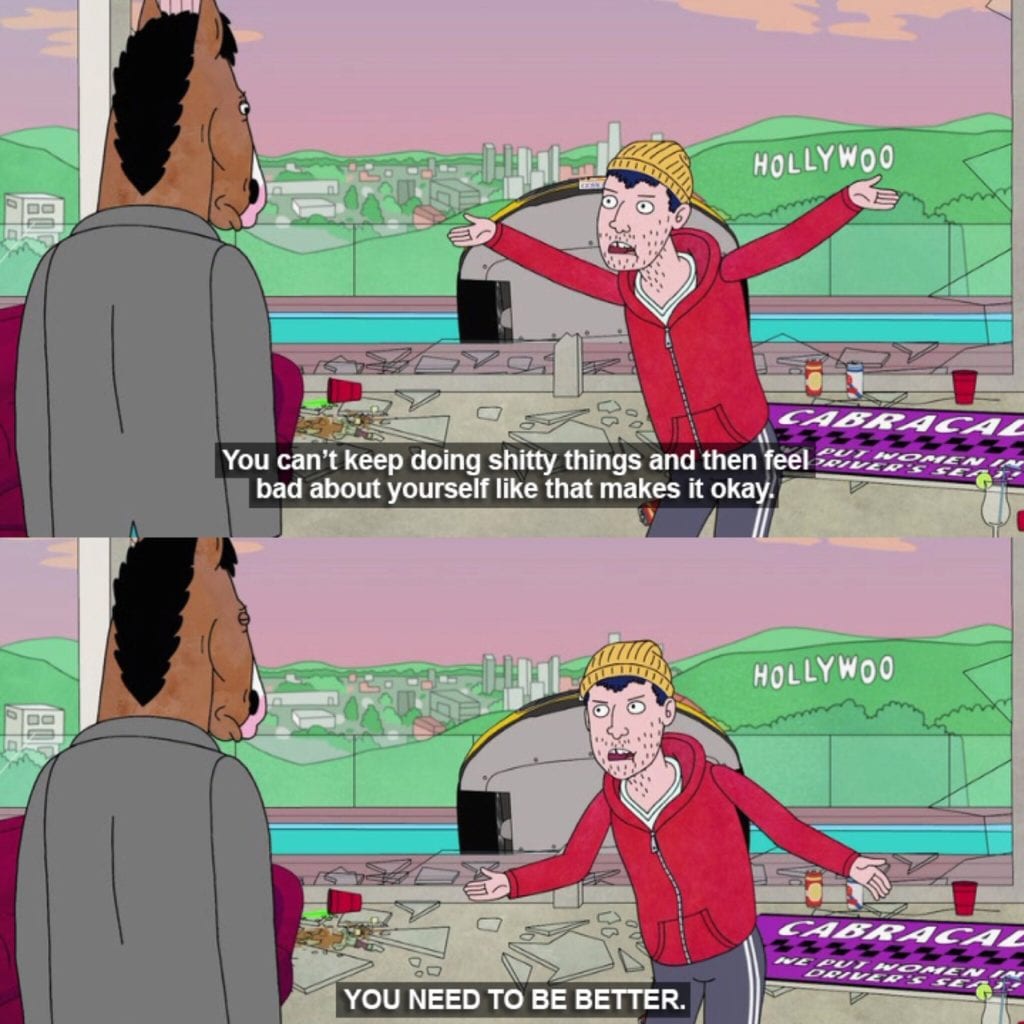One of the reasons I have some modicum of credibility when I talk about AWS is that I strive for fairness. When I say something AWS has done is good, people believe me because I’ll also call out when something else they’ve done is garbage.
Today is one of those days where I call out something terrible about AWS.
Last week, the news broke that Amazon has sued a former AWS executive for violating the non-compete clause of his employment agreement. Geekwire being Geekwire they didn’t link to the actual complaint from the lawsuit, apparently preferring muckraking to actual journalism. [After publication they reached out to correct me; they did indeed embed the complaint at the end of their article. The management regrets the error.]
Fortunately, I have stepped up and rectified that:
Since most folks don’t enjoy reading through court documents nearly as much as I do, allow me to summarize:
“Phillip Moyer (a random sales schmoo) worked at AWS selling cloud services. He quit and went to go work for Google to sell their cloud services instead. Amazon pitched a shitfit and is suing him in King County Superior Court, asking for the non-compete to be enforced for at least the original 18 months and also for the schmoo to pay them money.”
For a little background on this, it helps to understand that all U.S.-based Amazon employees who don’t live in California (where employee rights are protected more vigorously than in other places) agree to a clause in their employment agreement, known as a “non-compete.”
As per the court filing, it reads as follows:
Non-Competition. During employment and for 18 months after the Separation Date, Employee will not, directly or indirectly, whether on Employee’s own behalf or on behalf of any other entity (for example, as an employee, agent, partner, or consultant), engage in or support the development, manufacture, marketing, or sale of any product or service that competes or is intended to compete with any product or service sold, offered, or otherwise provided by Amazon (or intended to be sold, offered, or otherwise provided by Amazon in the future) that Employee worked on or supported, or about which Employee obtained or received Confidential Information.
This clause is, to be direct, abusive.
Note that it’s scoped to Amazon—not just AWS. If someone signs an agreement to this effect, what possible job could they take after leaving Amazon that wouldn’t potentially run afoul of this clause? I’d have said “writing a newsletter making fun of AWS,” but—lo and behold—they’re already in the business of making fun of themselves by launching services with names like Systems Manager Session Manager.
There are a few points I want to emphasize here:
1. The most common argument made in favor of broad non-competition clauses like this one goes something like this: Employees are privy to highly confidential information and new employers shouldn’t be able to commit backdoor corporate espionage by hiring their people away. This argument, of course, ignores the fact that confidentiality agreements in employment agreements are *fully enforceable* in every U.S. state (whether or not the information in question qualifies as a trade secret a la the formula to Coke) and don’t have the additional negative effect of preventing people from earning a living. When a company chooses to use a non-compete, it’s not about protecting their top-secret strategy—in this case “build a lot of things that customers like and sell them as services!”—it’s about control.
2. Amazon reached out to said schmoo’s new employer to negotiate what he’d be allowed to work on. Can you imagine accepting a new job and then freaking Amazon calls your new boss to threaten them as a result?
3. This is very clearly about AWS trying to send a message to GCP. Unfortunately, it’s being conducted through a lawsuit against some random sales schmoo in Pennsylvania. Moyer doesn’t represent Google any more than he represented Amazon during his tenure there.
I’ve been thinking about this for quite a while, because this exact clause is why I rejected an otherwise extremely compelling offer to work at AWS in a role that was uniquely suited to me back in 2018. Amazon wouldn’t budge on this point, and during our discussions a number of people (both officially and not) gave a few reasons to accept the clause that were piquantly scented with Amazon-flavored bullshit:
“We need this to protect our business.”
Fascinating. As I’ve stated already, these clauses are non-enforceable in California and have been since 1850 when the state was formed (this point is often cited as why Silicon Valley is even a thing). Not to belabor the point, but AWS has many employees in California already, and so does Google—as does nearly every other tech company of note. They’ve done all right for themselves. Further, any employee subject to one of these agreements who moves to California finds themselves no longer bound.
I get that you want to “protect your business.” I want to be able to feed my family when I eventually leave the company.
“It’s never enforced.”
Then don’t ask me to sign it. I have this bizarre belief that I live by the agreements I make. If I’m not prepared to live by them, I don’t sign them. Also, it’s clearly being enforced here. And here. And here. And also here.
In fact, as I was drafting this post a tweet thread on how this is sprung on people unexpectedly was published. Take care to read the thread; in this case they wound up not enforcing it, but required an existing employee to agree to it after they’d already moved him from Ireland to Seattle on a visa.
Some people are saying that these clauses are known upfront before joining. Well, that wasn’t the case for me when I joined Amazon.
— Daniel Vassallo (@dvassallo) August 3, 2019
Let me tell you how Amazon squeezed non-competitive clauses into my contract about 2 years into my job in a very unethical manner: 👇
“We’d never enforce it against someone who’s not a VP.”
The sales schmoo they’re currently suing was likewise not a VP. Also, see above.
“No, we will not pay your salary for the duration of the non-compete, nor will we elect to do that only if we choose to enforce the agreement.”
This is how non-competes work in parts of Europe. They basically laughed me out of the room at the suggestion.
“We’ve only ever enforced it when someone burns bridges on their way out of the company.”
Have you met me? I had to burn a bridge then pole-vault over it to get an interview at AWS! I’m supposed to trust in my ability to one day leave an employer where I haven’t severely pissed off at least one VP? As of this writing, I have to my knowledge severely pissed off exactly three AWS VPs and I don’t even work there! (Aside: If you’re a VP at AWS who hates me and isn’t sure if I know that, please get in touch and I’ll increment that counter if I wasn’t already aware!).
“Well, why not just stay in California and work in the local office?”
If you’re the only remote member of a team, your impact is inherently limited. In my experience, either the entire team is remote or else the remote members are second-class citizens. Thus, this could be reframed as “why not damage your chances of success before you even start?”
The fact that I could turn down the offer is an expression of immense privilege. Not everyone has that privilege. There is in no way, shape, or form an equal balance of power between a prospective employee and a trillion-dollar company. Full stop. Much less one that apparently will sue former employees out of spite.
Some of the best and brightest people that I know are AWS employees. None of them deserve something like this to happen to them whenever their turn to leave comes up.
Come on, AWS.
Do better than this.
Be better than this.






